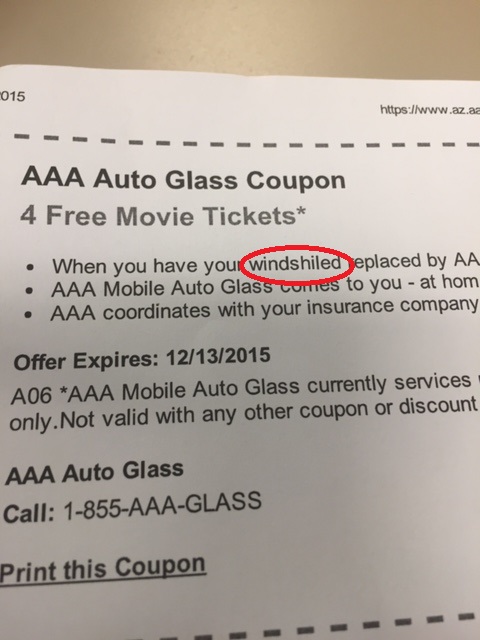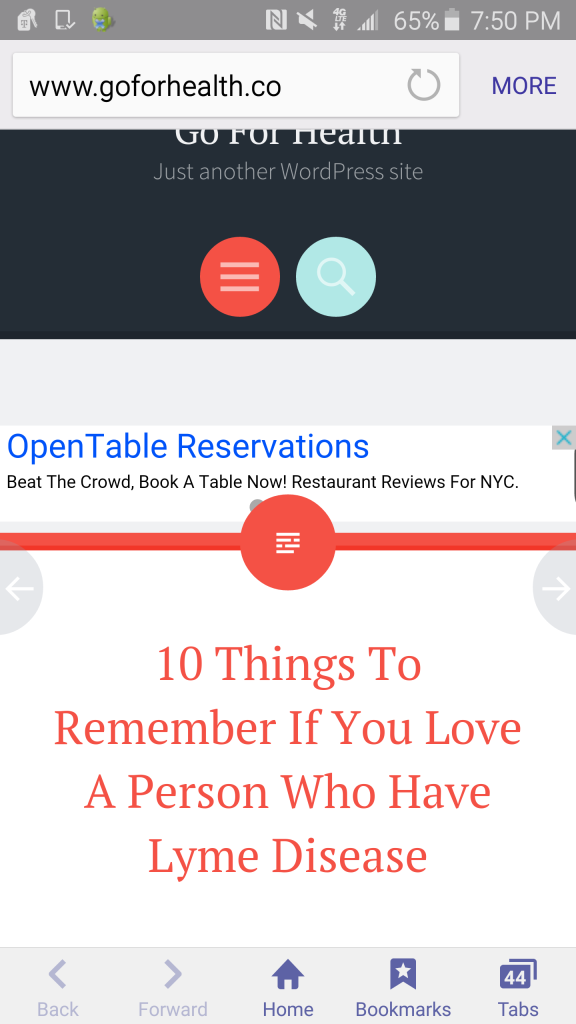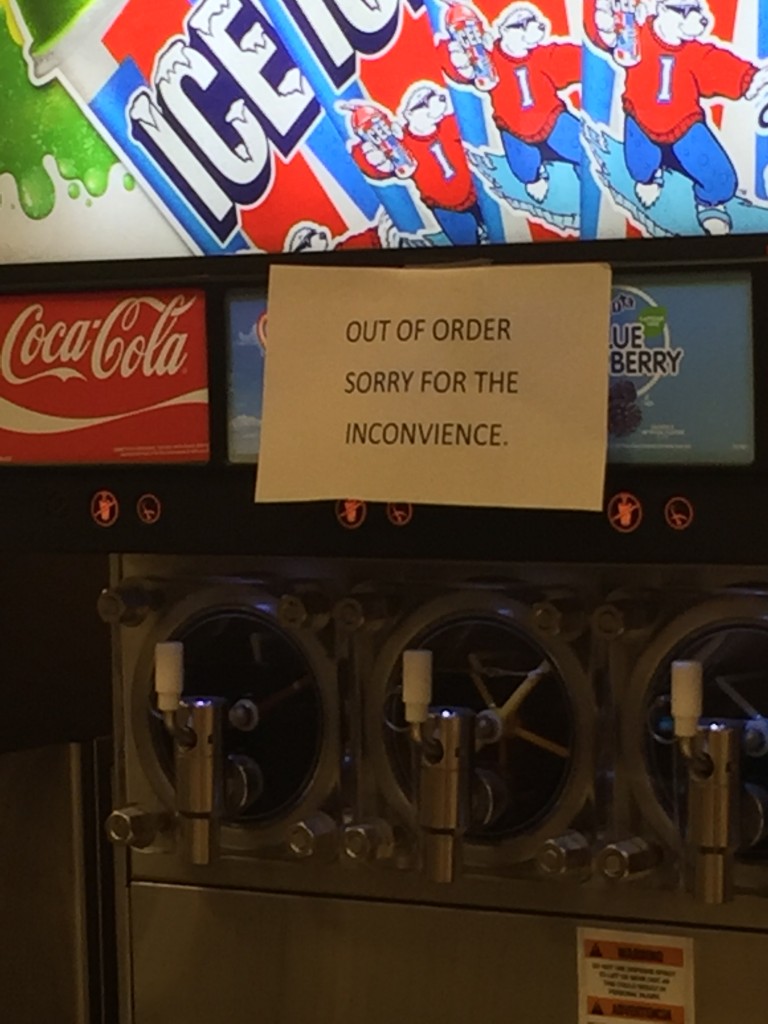A friend sent this to me. Unfortunately, it is part of the City Clerk’s webpage for the City of Apache Junction here in Arizona. Apache Junction already has a not-so-great reputation in the Valley of the Sun, but it is my current home. I’m not sure how this actually got published as it is a hot mess.

“No 1”? Really? I assume they mean “No one is allowed.” Six words later, they are breaking the Gregg Reference Manual rule on spelling out numbers from one to ten unless the number needs to stand out to be comprehended or is in statistical information. I don’t consider that sentence statistical information nor do I think that the numbers need to be used instead of the words to be comprehended. Then, the comma after “jurisdictions” should be a semicolon since the sentence is two independent clauses and the comma could be replaced by “and.” It could also be two separate sentences, but the way it is written is confusing. Come on, AJ, you’re not doing your reputation any favors!



 Follow
Follow






